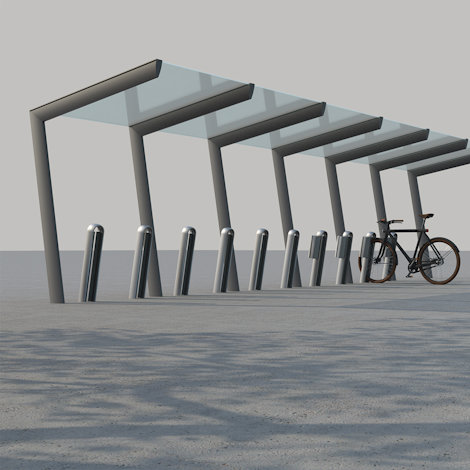Aluminium tubes for MED desalination plants
Seawater desalination plants are getting bigger and continue to get better. We are seeing more aluminium tubing in these plants.
There are many ways of removing salt from seawater and producing fresh water. One of the most common methods used for seawater desalination is multiple-effect distillation (MED).
The right aluminium alloy can provide an economical and ecological solution as a tubing material for evaporators and condensers used in MED plants.
MED plants traditionally use titanium tubes for evaporators and condensers. But choosing aluminium to replace titanium – or other metals, like copper alloys – saves installation and operating costs and matches performance regarding service life. Other benefits:
- Good thermal conductivity
- Good resistance to corrosion from seawater
- Thin walls
- Easy manufacturing and good cost level
More desalination capacity required
About 1 percent of the global population is dependent on desalinated water. The UN expects this number to grow to 14 percent by 2025.
In 2016, desalination plants across the world produced 88.6 million cubic meters of drinking water per day. The largest MED desalination plant in China – Tianjin SDIC, near Beijing – produces 200,000 cubic meters of water per day (and lots of table salt as a by-product).
Aluminium alloy 5052 in MED desalination
Aluminium tubes can be used successfully in evaporators, condensers and preheater tubes in MED desalination plants. I recommend the 5052 alloy. It is lighter and less expensive than aluminium brass, cupro-nickel and titanium. You also avoid problems such as scaling.
The evaporator is a bundle of horizontal aluminium alloy tubes sealed by tube sheets at the front and rear ends by means of rubber grommets. This can be done because there is no significant pressure difference between the different steps, or effects.
The tubes are easy to install and maintain. Benefits are thermal effects, electrical insulation and prevention of galvanic corrosion. And thinner walls in the tubes will generally improve efficiency. Did I say they cost less than the alternatives, too?








